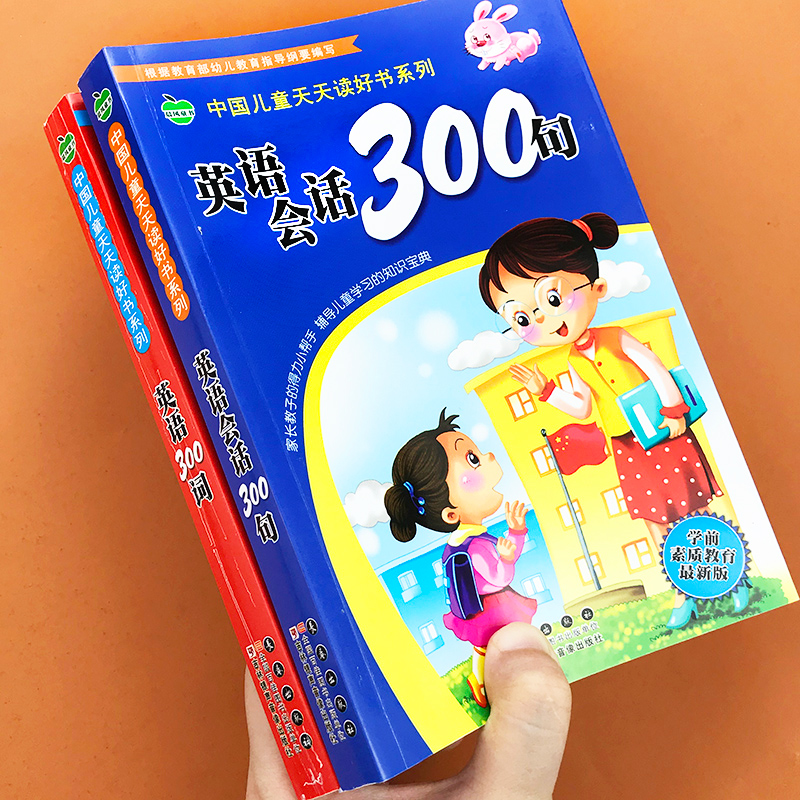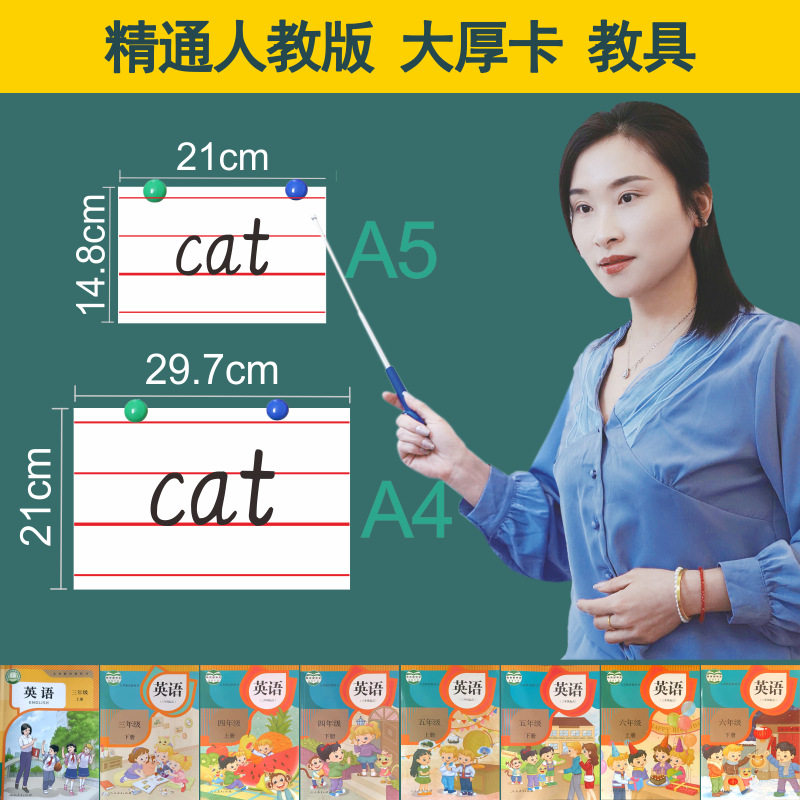In the realm of learning English, mastering vocabulary from grades one through six is pivotal for building a strong foundation. This article aims to explore the key words and phrases that students in these grades need to know.

First Grade Vocabulary
The first year of formal schooling introduces young minds to the basics of language. For first-graders, the focus lies on simple words related to daily life, family members, and familiar objects. Here's what they typically encounter:
- Numbers (1-100)
- Basic colors (red, blue, yellow, green, etc.)
- Common animals like dog, cat, bird, fish
- Fruits (apple, banana, orange) and Vegetables (carrot, tomato, pepper)
- Family terms such as mother, father, sister, brother, grandmother, grandfather
- Simple actions like run, jump, eat, sleep, play
- Daily activities including school, home, wash hands, brush teeth
Second Grade Vocabulary
As children progress into second grade, they start encountering more complex words and phrases that expand their understanding of the world around them. This year is crucial for introducing new concepts like time, directions, emotions and more:
- Time-related words like day, month, week, hour, minute, second
- Directional terms like up, down, left, right, forward, backward
- Emotional expressions including happy, sad, angry, surprised, afraid, excited
- Body parts and functions (head, eye, ear, hand, finger)
- Common school subjects (math, science, art) and activities (reading books, writing stories)
Third Grade Vocabulary
The third grade marks another significant milestone in vocabulary acquisition with a focus on expanding comprehension skills and introducing more advanced words related to nature and social interactions:
- Nature-related terms like river, mountain, tree (species), flower (types)
- Animals and their habitats (forest, ocean)
- Social interactions including playing with friends and teamwork activities
- Basic cooking and eating vocabulary (bread, milk, juice)
- Common household items and furniture (table, chair)
Fourth Grade Vocabulary

Entering fourth grade brings a greater depth in vocabulary acquisition with a focus on academic subjects and specialized vocabulary used in various contexts:
- Academic Subjects:
Scientifically-based terms like cell (biology), planet (astronomy), volcano (geology) Legal jargon (courtroom), mathematical concepts (calculus), scientific principles (physics) | |
| | | | | | | | | | | | | | | | | | | | | | | | | | | | | | | | | | | | | | | | | | | | | | | | | | | | | | | / / / | / / / / / / / / / / / / / / / / / / / / / | / / / / / / / / / / / / | / / / / / / / / // // // // // // // // // // // // // // // // // // // // // // // // _____________________________________________________________________________________________________________________________________________________________________________________________________________________________________ ___ ___ ___ ___ ___ ___ ___ ___ ___ ___ ___ ___ ___ ___ ___ ___ ___ ___ ___ ___ ___ ____ ____ ____ ____ ____ ____ ____ ____ ____ ____ ____ ____ ____ ____ ____ ____ ____ ____ ____ ____ __ __ __ __ __ __ __ __ __ __ __ __ __ __ __ __ __ __ __ __ __ __ __ __ __ __ __ __ __ __ __ __ __ __ __ __ .__.__..__.__.__.__.__.__.__.__.__.__.__.__.__.__.__.__.__.__.__.__.__.__.__.__.__.__.__.__.__.__.__.__.__.__.__.__.__.__.__.__.__.__.__.__.__.__.__.. ] [ ] [ ] [ ] [ ] [ ] [ ] [ ] [ ] [ ] [ ] [ ] [ ] [ ] [ ] [ ] [ ] [ ] [ ] [ ] [ ] [ ] [ ] [ ] [ ] [ ] [ ] [ ] [ ] [ ] [ ] [ ] [ ] [ ] [ ] [ ] [ ] [ ] [ ] [ ] } [ {{{{{{{{{{{{{{{{{}}}}}}}}}}}}}}}}}}}}}}}}}}}}}}}}}}}}}}}}}}}}}}}}}}}}}}}}}}}}}}}}}}}}}}}}}}} | | | | | | | | | | | | | | | | | | | | | | | | | | | | | | | | | | | | | | ]]]]]]]]]]]]]]]]]]]]]]]]]][[[ {{{{{{{{{{{{{{{{{{{}}} }}} }}} }}} }}} }}} }}} }}} }}} }}}}}{{{{{{{{{{{{{{{{{}}} }}} }}} }}} }}} }}} }}}}}{{{{{{{{{{ 推荐阅读》
未经允许不得转载:» 一到六年级的英语单词(小学阶段英语词汇)

 家长点评网
家长点评网











